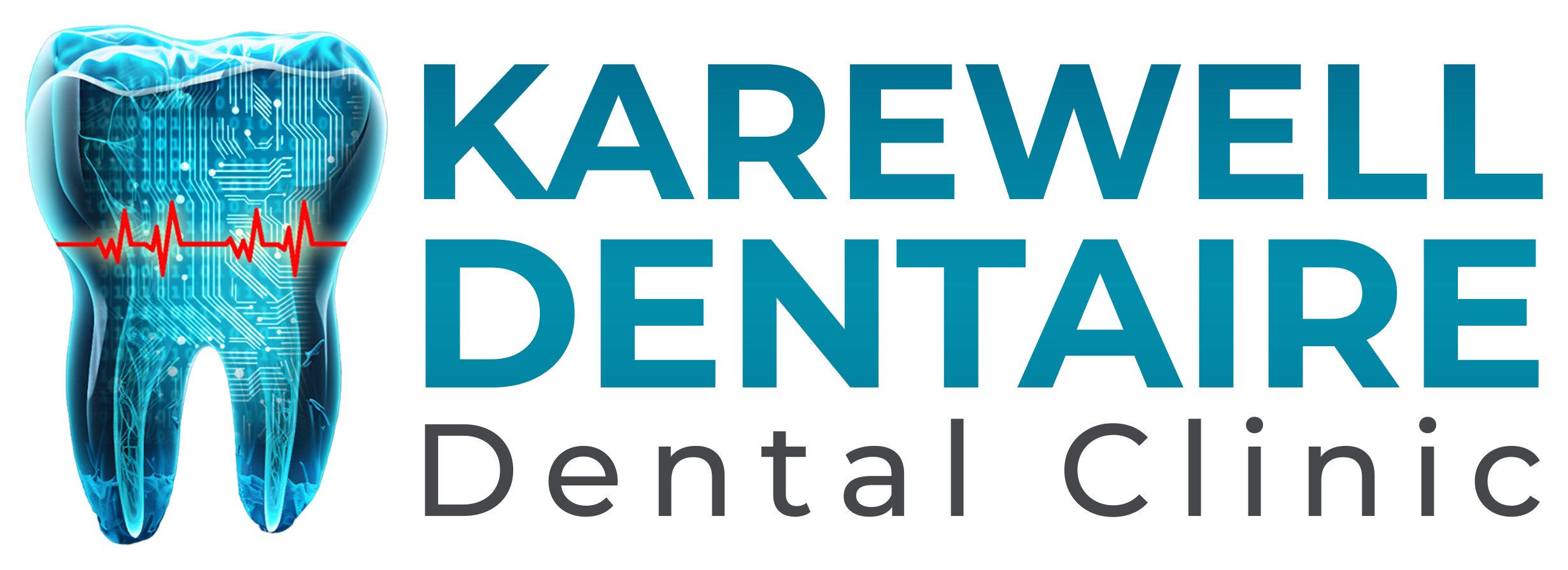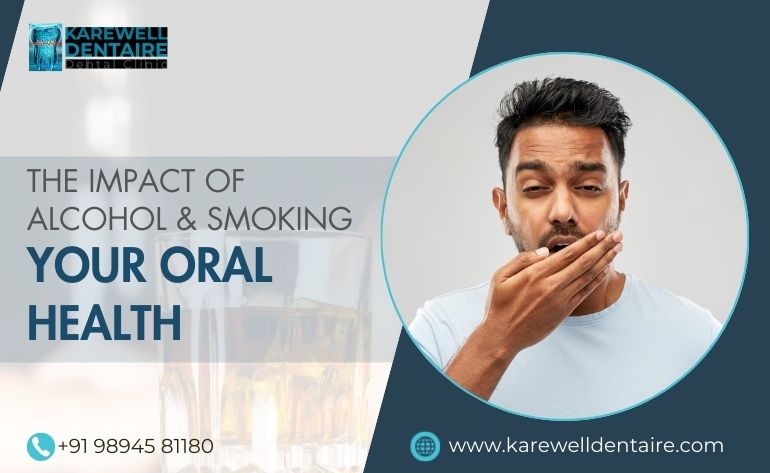When it comes to taking care of your health, we often think about the things we eat, exercise habits, or how much sleep we get. But there's one part of our body that doesn’t always get the attention it deserves: our mouth. Alcohol and smoking are two habits that can do serious damage to your oral health. Let's break down why these habits are harmful and what they can do to your teeth and gums.
The Harmful Effects of Alcohol on Your Oral Health
You might enjoy a glass of wine or a cocktail every now and then, but did you know that alcohol can cause a range of oral health problems if consumed regularly?
Dry Mouth (Xerostomia)
Alcohol use decreases salivary flow in the mouth. Because it neutralizes acids, kills bacteria that can cause gum disease and tooth decay, and helps wash away food particles, saliva is vital. Without enough saliva, your mouth becomes dry, leaving harmful bacteria to thrive. This dry mouth condition can lead to bad breath and increase the risk of cavities, gum disease, and even tooth loss.
Increased Risk of Tooth Decay and Gum Disease
Alcohol can encourage tooth decay, particularly when consumed in sugary beverages like flavored liqueurs or cocktails. The sugar in these drinks stimulates oral bacteria to produce acid, which erodes enamel. Your teeth become weaker over time as a result, increasing their susceptibility to cavities. Alcohol can also irritate your gums, increasing your risk of periodontal disease (gum disease), inflammation, and gum recession.
Staining and Discoloration
Red wine and dark beers are notorious for causing tooth discoloration. Alcoholic drinks contain tannins, which can stick to the surface of your teeth and leave stains behind. This can lead to a yellowish or brownish tint, affecting the natural whiteness of your smile.
The Damaging Effects of Smoking on Oral Health
When we talk about smoking, we usually think of the long-term health risks like lung cancer and heart disease. But smoking also takes a serious toll on your mouth.
Staining and Yellowing of Teeth
One of the most immediate effects of smoking on your oral health is the staining of your teeth. Your teeth become yellow or brown due to the nicotine and tar in cigarettes. No matter how much you brush or use whitening products, these stains can be stubborn and difficult to remove.
Bad Breath
Smokers often suffer from persistent bad breath, also known as "smoker’s breath." The chemicals in cigarettes leave a lingering odor in your mouth, and smoking also dries out your mouth, making it harder to fight bad bacteria. This combination of dry mouth and bacteria can make your breath less than fresh.
Increased Risk of Gum Disease and Tooth Loss
Smoking significantly increases your chances of developing gum disease. It impairs your immune system, which makes it more difficult for your body to fight off infections, including gum disease. Gingivitis, or early gum disease, may emerge from this. If treatment is not received, periodontitis, a more serious form of gum disease that can cause tooth loss, may develop. Smokers are also more likely to experience delayed healing after dental treatments or procedures.
Oral Cancer
One of the most dangerous consequences of smoking is the increased risk of oral cancer. Smoking, especially combined with alcohol consumption, raises the chances of developing cancers of the mouth, throat, and tongue. These cancers are often detected in later stages, making them harder to treat.
The Combined Impact of Alcohol and Smoking
When alcohol and smoking are combined, the negative effects on your oral health are even more pronounced. Both habits contribute to a dry mouth, and drinking alcohol can increase the risk of oral cancer even further when paired with smoking. Together, these habits make your mouth more susceptible to plaque buildup, cavities, gum disease, and tooth loss.
How to Protect Your Oral Health
It’s clear that both alcohol and smoking can harm your oral health in many ways. However, there are steps you can take to reduce the risks:
- Drink in moderation: Try to keep your alcohol consumption to a minimum and stay hydrated by drinking lots of water. After drinking, rinse your mouth with water to reduce harm.
- Quit smoking: Giving up smoking is one of the best things you can do for your oral health. If you’re struggling to quit, consider seeking professional support or talking to your dentist about options.
- Brush and floss regularly: Brush your teeth twice daily and floss daily to remove trapped food particles and bacteria. Use toothpaste with fluoride to protect your enamel.
- Visit your dentist regularly: Plan for regular dental examinations to detect dental problems such as cavities, gum disease, or early warning indicators of oral cancer.
If you’re looking to quit smoking, consider nicotine replacement therapy (NRT). NRT can help reduce cravings and withdrawal symptoms, making it easier to quit. Contact us to find out which NRT option is right for you. Taking this step can improve your overall health and protect your oral health in the long run!

